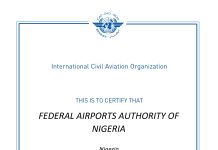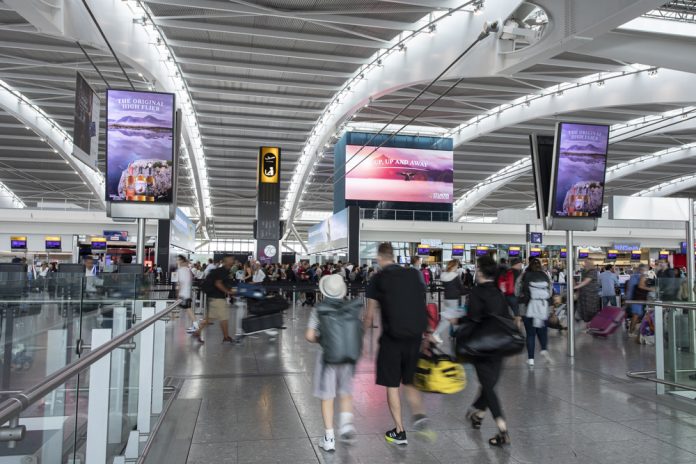The International Air Transport Association (IATA) has reported a record-breaking month for global passenger demand in September 2024, with the industry witnessing a 7.1% increase in total demand, measured in revenue passenger kilometers (RPK), compared to the same month last year. This surge represents an all-time high for September, reflecting strong demand in both domestic and international markets. Total capacity, calculated in available seat kilometers (ASK), rose 5.8% year-on-year, while the load factor—the percentage of seats filled—reached 83.6%, up by 1.0 percentage point from September 2023.
International passenger demand grew by 9.2% compared to the previous September, with capacity up 9.1% and the load factor reaching 83.8%, a 0.1 percentage point improvement. Domestic markets also demonstrated resilience, with demand increasing 3.7% year-on-year, capacity rising by 0.7%, and the load factor achieving an 83.3% rate—an increase of 2.4 percentage points from last year.
African airlines performed particularly well, recording an impressive 11.9% increase in demand compared to September 2023. Capacity for African carriers expanded by 6.6% year-on-year, and the region’s load factor improved significantly to 76.0%, a 3.6 percentage point gain over the previous year. The growth in Africa’s air travel reflects rising interest in international connectivity and increasing market resilience across the continent.
Asia-Pacific airlines led global growth in demand, seeing an 18.5% increase from September 2023, with capacity up 17.7% and a load factor of 82.6%, a 0.5 percentage point rise. In Europe, carriers achieved a 7.6% increase in demand with a 7.4% rise in capacity, and the region posted the highest load factor of 85.9%, up by 0.2 percentage points. Middle Eastern airlines saw a 4.4% increase in demand, capacity growth of 4.6%, but a minor load factor decrease to 81.4%. In North America, demand rose only 0.5%, capacity increased by 1.9%, and the load factor dropped slightly to 84.4%. Latin American airlines showed robust growth, with demand up by 12.4%, capacity rising 13.9%, although the load factor declined to 84.3%.
Willie Walsh, IATA’s Director General, noted that the record demand is not only positive for the aviation sector but also supports the global economy by creating jobs and trade opportunities. However, Walsh warned of potential capacity constraints in some regions, which may limit growth and hinder the industry’s ability to contribute to economic development. He urged governments to prioritize investments in airport and air traffic management infrastructure to meet rising demand. Walsh also emphasized the need for supportive political frameworks to facilitate the aviation industry’s goal of achieving net-zero carbon emissions by 2050, ensuring sustainable growth while maintaining global connectivity.
Despite variations in load factor performance among regions, the overall growth in passenger demand highlights the global recovery in air travel and underscores the strategic importance of aviation infrastructure and environmental commitments to support future growth. African carriers, with double-digit demand increases, are well-positioned to capitalize on this growth, boosting connectivity and economic opportunities across the continent.













